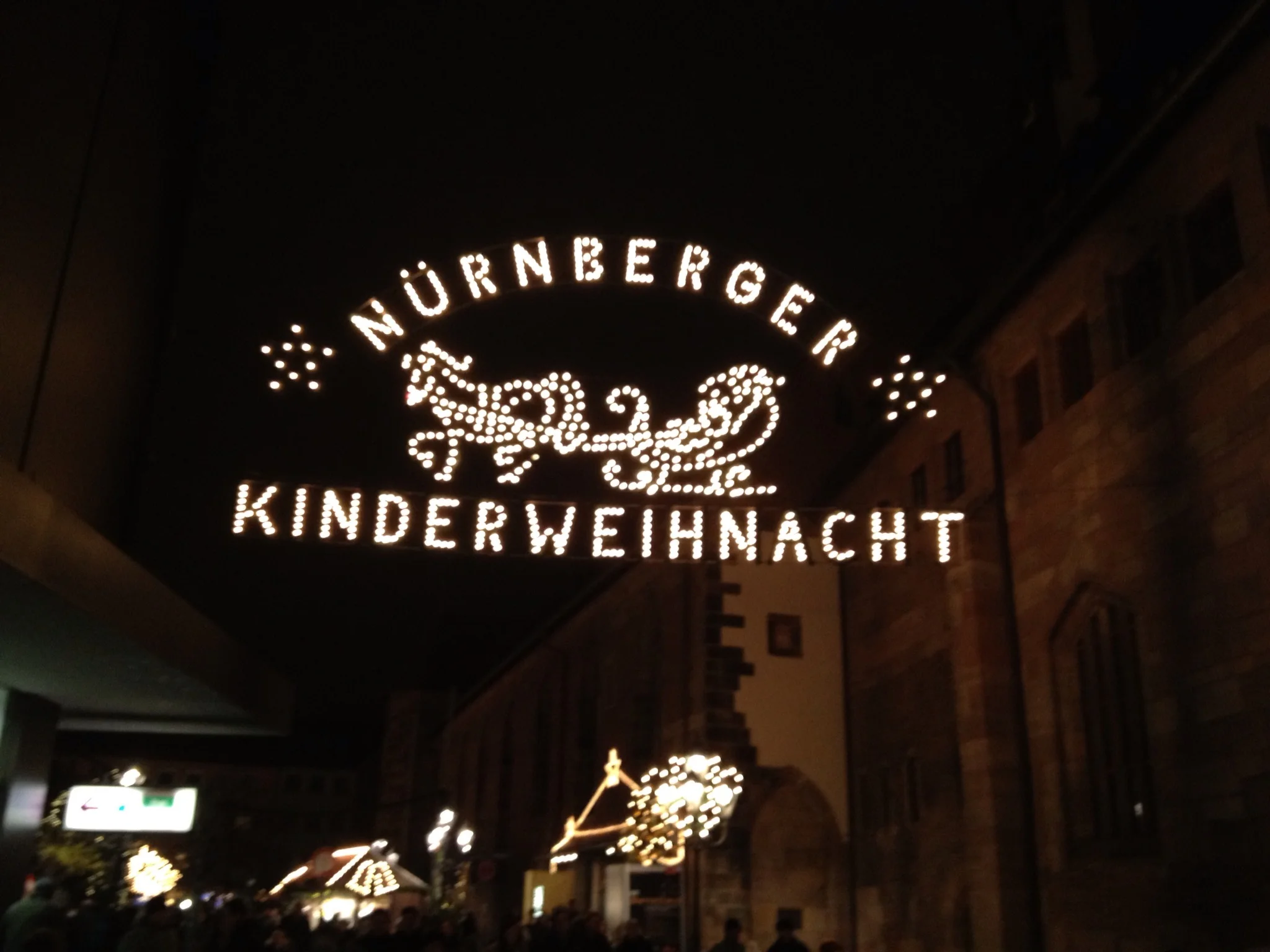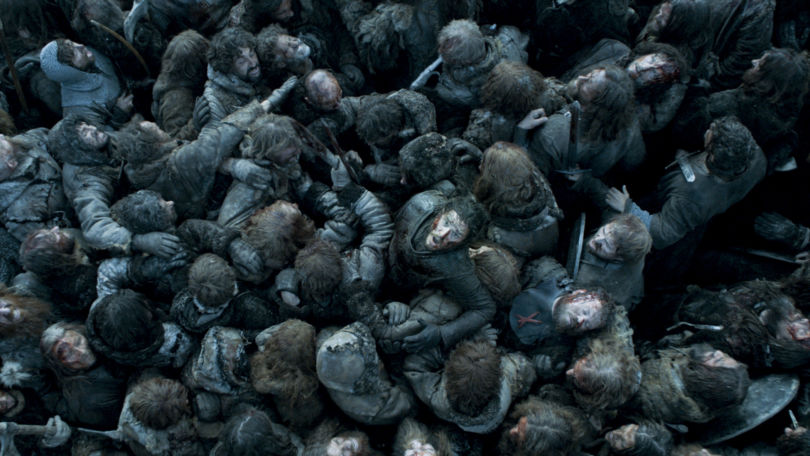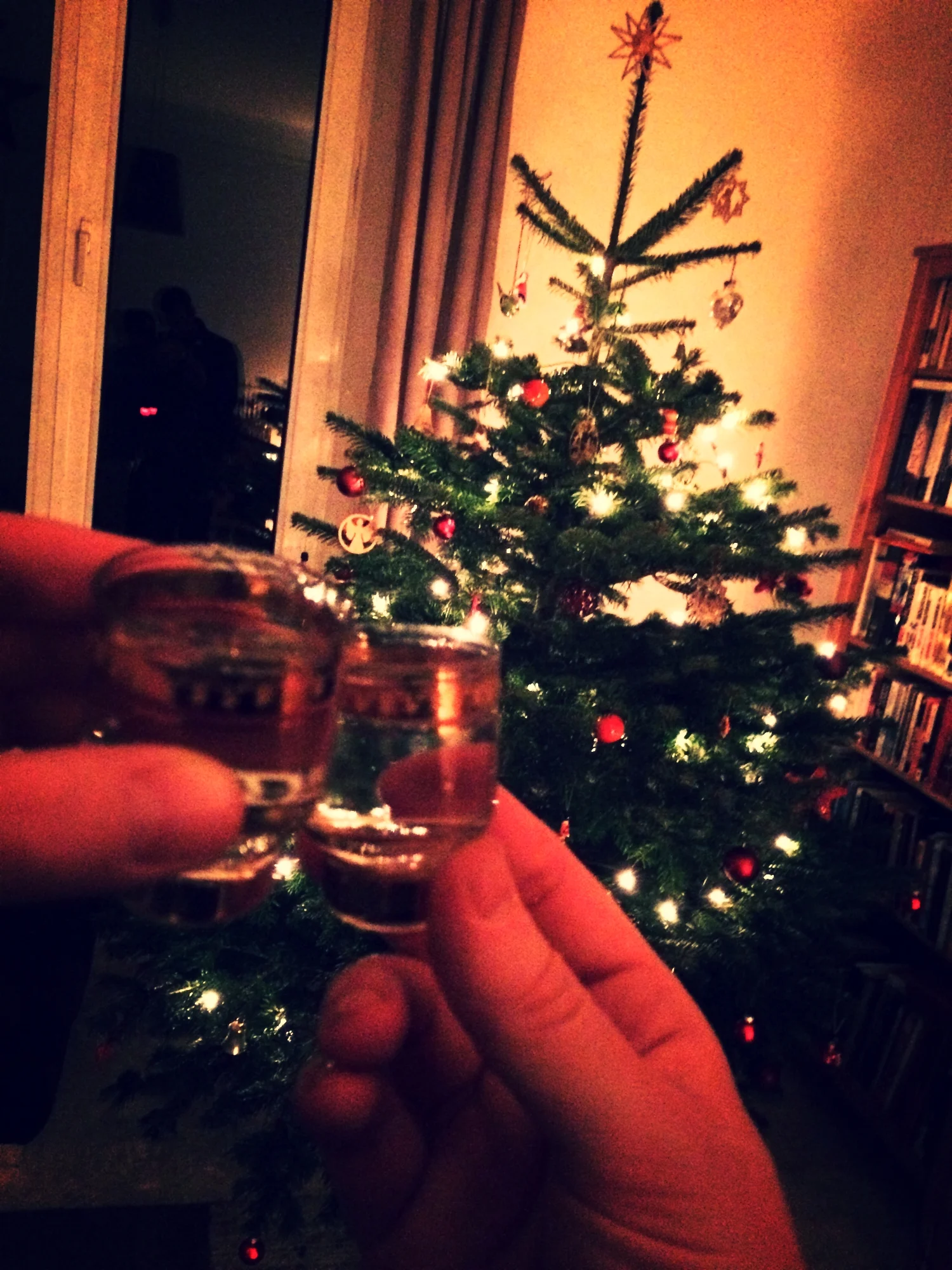Feliz Navidon't
Sunday saw the first advent and as the Coca-Cola marketing department tell us, “the holidays are coming”. Generally it's hard not to notice. With people beating each other to death for microwaves and discounted smartphones through Black Friday and the moans of the annual collective orgasm that accompanies the release of another John Lewis advert wafting over the channel, it's hard not to see that Christmas is fast approaching. Germany has two reactions to this period. The first is the blink of an eye decorating of any and all surfaces in lights and baubles and secondly the arrival of the Weihnachtsmarkts. When I fist moved to Germany way back in 2011, the Christmas markets were a much celebrated and much imitated phenomenon. Every German village, town or city had at least one, with some municipalities having two in case the other one went missing or fell between the cracks in the sofa. The UK had just begun to host similar markets, but at that point they seemed to consist of two guys burning Lidl brand sausages and a sullen looking teen mumbling about ginger bread. Now, the Christmas market experience is essentially a homogeneous affair, with much the same experience whether you are in Cologne or Bradford. As if to underline this, Birmingham are hosting one of the largest in the UK and only an expert eye would be able to notice the difference between that and one in Germany.
Yet, no matter how hard the UK strives or how many German vendors attend, the jewel in the crown of Christmas markets is still considered the Nürnberg Weihnachtsmarkts and Kindermarkt. Ironically, while Birmingham is importing German markets, Nürnberg will be hosting an international market, as it does every year, the highlight of which is the Glasgow stand that sells Irn-bru, tartan everything and enough free whisky to guarantee impulse purchases of “see you Jimmy” hats. As the biggest Christmas market in Germany, Nürnberg attracts over 30,000 visitors to the city. With so many nationalities, it is important to keep some basic rules in mind.
Watch out for Elbows
Christmas markets are always crowded if only because organisers insist that the thoroughfares between the stands are as small as humanly possible. This is done so that photographers can capture the “Christmas spirit” of the markets, which seems to be reminiscent of the latter stages of the 'Battle of the Bastards'. This suffocating press of people, while considered an occupational hazard of the markets, elicits differing responses from Germans and UK visitors. In the UK, the usual reaction to crowds is the “excuse me” and “sorry” call and response. Person A wishes to navigate past person B who is blocking the path. Person A calls out “excuse me” as timidly as possible, person B although startled replies with a “sorry” and averts their gaze in a tacit acknowledgement of their unintentional social faux pas. Alternatively, there will simply be a complex discussion conducted in only one word, “sorry”, with only the intonation of the speakers communicating the problem at hand. Germans do not understand this absurd interchange. You will either hear “Achtung” which roughly translates as “Attention idiot, I have seven mugs of scalding Glühwein here, move out the way or one of them will be poured in your face” or you will simply be physically relocated, that is to say pushed out of the way with extreme prejudice. Don't take it personally, “Entschuldigung” or “excuse me” is only used when something is amiss, Germans are continually alarmed when I say it in crowds.
Pick up the pace
With so little room to manoeuvre, you would hope that people might use the space as wisely as possible, I mean, Germany is a sensible country after all. Sadly, you would be mistaken. Germans, like all other nationalities, lose about 70% of their IQ and 100% of their common sense when standing in a crowd. Once a group has bought refreshment from the numerous Glühwein sellers or a precarious looking Wurst balanced atop bread bun they will simply stop dead, regardless of whether there is room to stop or not. They will then protect there space like wolves defending their territory. You might think that 5'2, meek looking girl is harmless, but don't be surprised when she rips your ears off and stuffs them up your nostrils when you have the temerity to gently push past them.
The walls have ears
As you stand gazing at the wonders of the Christmas market, be aware that every word you utter can be heard and understood. This goes double when you are debating whether to purchase something from a stall. Even if you are attempting to use a different language, German stall vendors do not piss about. You might think that discussing how overpriced that wooden ornament is or why you think the porcelain house isn't really worth €40 in English is disguising your intentions, don't be surprised if the vendor, in a recognisable brummy accent, responds that “it's hand made by blind grandmas, using techniques that have been lost to time. Only in the far reaches of Baden-württemberg will you find such craftsmanship”. Nürnberg vendors cannot be caught out even if you attempt to converse in Navajo, they will respond in kind with a slight Utah twang.
It's not as original as you might think
The question of price should always be in the back of your mind. I have been taken in by the wonders of the Christmas market, only to find I've been sold a dud. As I mentioned at the beginning, German Christmas markets are everywhere, you would do well to shop around a little before you invest too heavily in a nutcracker that costs €70. No one wants to find out that it could have been bought for €20 around the corner at the other Weihnachtsmarkts. Also, don't be fooled into thinking you are getting an original either. A few years back I purchased what I thought was a extra special decoration for my brothers Christmas present. I spent a significant amount of time and money selecting the correct colour (there was a green and red one) and I carefully packed it for the journey home. I made doubly sure it made it's way to Newcastle unscathed. Arriving at my brothers house with my one of kind gift, I was horrified to find he had bought both colours and had them decorating his fire place. Dejected I asked where he had managed to find the supposedly rare ornaments. “Oh those, the local Christmas market had them on sale”. Be warned.
What the hell is that?
One thing is for sure, you will not find anything like these in any British market. The zwetschgenmännle are traditional figures made from walnuts and dried fruit. Yes they look weird, yes I would be terrified if I was to awake to one standing over my bed and yes if you buy one for me I will most likely lock it in a metal box, douse it in holy water and bury it on consecrated ground. However, is that not what Christmas is all about? Psychologically damaging children with creepy gifts that ensure years and years of professional therapy in order to even look at a walnut again? No? Well, we have very different ideas of what makes a satisfactory Christmas.













